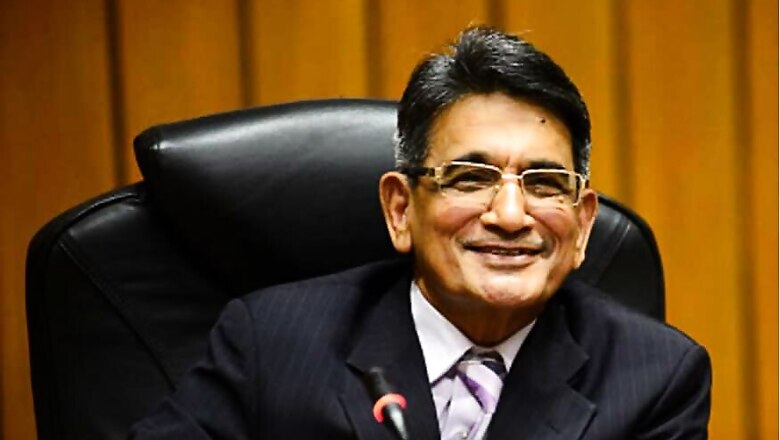
views
New Delhi: Citing the rape and murder of a 27-year-old veterinarian in Hyderabad and the killing of the accused in police encounter, former Chief Justice of India R M Lodha on Tuesday said the country is struggling to protect human rights of citizens and such crimes reflect the "deep malice" that has crept in the society.
"Are we heading towards a society of lawlessness," Justice (retd) Lodha said, while lamenting that criminals are not afraid of committing heinous crimes such as rape and murder and "sadder" is the killing of the four accused in the police 'encounter'.
Supreme Court judge Justice D Y Chandrachud said that the Unnao rape survivor lying burnt and the dead bodies of four accused in the Hyderabad gangrape and murder case were the two "most telling pictorial representation of the two facets of India".
Both of them were speaking at an event to mark Human Rights Day organised by International Institute of Human Rights here.
"While we are celebrating Human Rights Day, the fact of the matter is that we are struggling in protection of human rights. The case in point is the Hyderabad rape and murder of a 27-year-old veterinarian and the killing of the accused in police encounter," Justice (retd) Lodha said.
"That the crime of rape and murder are happening everyday in one part of the country or other reflect the deep malice that has crept in the society. The criminals are not afraid of committing such heinous crimes. Sadder is the killing of the four accused in the police encounter. Are we heading towards a society of lawlessness?" the formetr CJI said.
Referring to a statement by a Telangana minister that re-construction of crime scene in the Hyderabad gangrape and murder case was on instructions from above, he said it raises a big question as to whether we are "junking the due process and justice".
He said that demand of such treatment by people to Unnao rape and murder case accused shows that the atmosphere of "mob mentality" is prevailing in society and people are going back to 17th century where it was "an eye for eye, tooth for tooth, nail for nail".
Justice Chandrachud said, "We must ask ourselves whether close to a century of democratic rule has reduced the political, social and economic exclusion faced by many of our citizens.
"I think the most telling pictorial representation that we have seen last week is the representation of the two facets of India, the Unnao rape survivor lying burnt in the field and the four men lying dead in a field shot by the police".
"Public deliberation will always be especially threatening to those who achieve power in its absence....
"It is just a reminder that we will not wait to be shocked by a terrifying take of human rights abuse but rather scrutinise the actions of those in power everyday to ensure that such abuses never occur in the first place. And that would be my long term answer to those visual images," Justice Chandrachud said, while delivering lecture on the topic 'Adding Nuance to Human Rights Discourse'.
Justice (retd) Lodha did not mince words as he spoke of the state of women safety in the country and said that 92 per cent of Nirbhaya fun created in 2013, which was meant to be utilised for improvement of safety of women, has remained unspent by state governments.
"The fact of the matter is that there is no effective working of schemes such as cyber crime against women and children and emergency response support system. These projects largely remain on paper. It is no surprise that crimes against women and children remain unabated. Blame game should stop," he said.
It is time to completely strive for improving the systems and strengthening the institutions. The situation is grim as women and children are placed in insecure environment, Lodha said.
He said the prosecution was lax, adjournments in criminal cases are "given at the drop of hat" and the criminal justice system could not be expected to improve when the government spends just "0.08 per cent of GDP on judiciary".
"Poor budgeting has led to capacity constraints in the judicial system. Judicial vacancies are not filled in time. At any given point of time 30 to 40 per cent vacancies in subordinate judiciary are always remaining," he said.
Police and prison reforms should be high priority matter for the government. There is a complete lack of infrastructure for scientific investigation, Justice (retd) Lodha said.
He pointed out that there are only seven scientific forensic laboratories in the country due to which in large number of cases the forensic investigation of crime is not competed expeditiously due to non-availability of forensic experts.
"The insufficient number of forensic laboratories in the country results in an enormous backlog of forensic work and delayed investigation," Justice (retd) Lodha said. Justice Chandrachud gave reference of Aarey tree felling incident and said that deliberative democracy and courts together can lead to the protection of human rights.
"As a resident of Mumbai, I know just how dangerous and often impossible it can be to get from one end of the city to another during rush hours. "The need for a safe and affordable public transport system is undoubtedly urgent.
"Yet at the same time an approach that ignores the environmental impact of development is unconscionable in a world where we see the dangerous effects of climate change," he said.
In dissolving such competing rights, "we can see how deliberative democracy and the courts together can lead to the protection of human rights", he said.













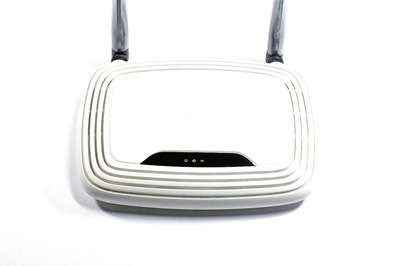


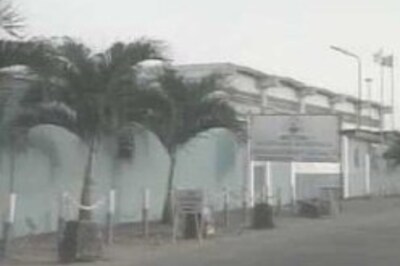
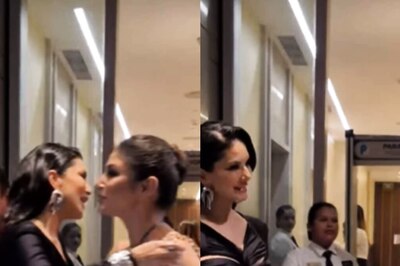
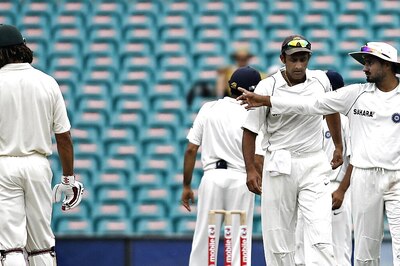

Comments
0 comment